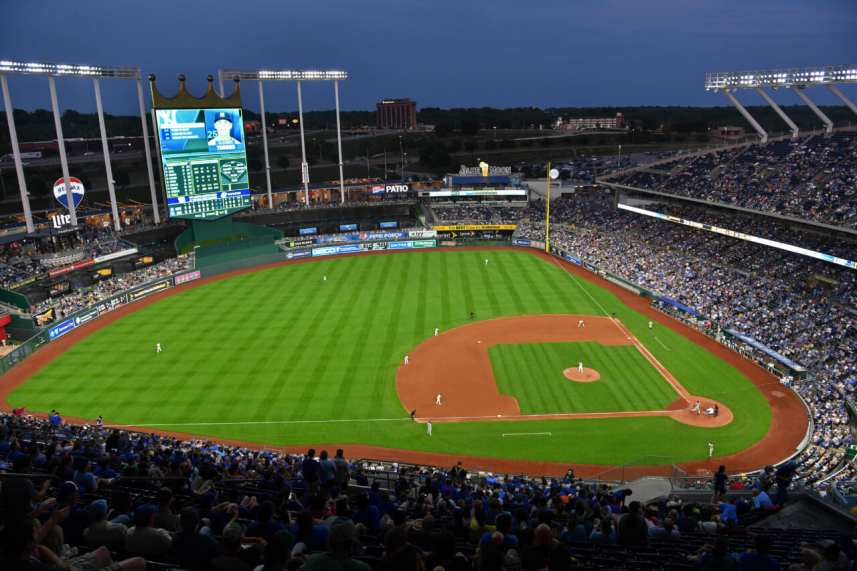
The worldwide COVID-19 pandemic has created a scenario never before seen in the sports world. Sports have always been the one constant, no matter what the tragedy or circumstances have been across the globe.Â
Unfortunately, for the first time, all four major sports have been suspended, and it leaves baseball in an eerie place, as opening day was only two weeks away.Â
The New York Yankees have told all their minor league players that they should quarantine for two weeks, sources told ESPN. The team will deliver food to the players in their hotel rooms.
— Jeff Passan (@JeffPassan) March 15, 2020
Two weeks is a very optimistic point for Major League Baseball to restart activities, but a starting point of May is more realistic for America’s Pastime to return. MLB also has to work within the constraints of what the government will allow.Â
Washington, New York, and California have banned gatherings of over 250 people from taking place. Along with these restrictions, there is no set date on when they will end, which makes starting the season an even tougher decision.Â
Will We See Baseball Soon?
Some of these restrictions could extend through April, which forces games to be delayed more or played in front of limited fans. Illinois has even been instructed to halt sporting events or play them without fans until May.Â
For the players, they are either going home, head to their team’s cities, or stay in camp. Many organizations closed their Spring Training facilities in Arizona and Florida on Friday but will reopen them on Monday for any remaining players.Â
The hoped-for April 9 MLB start date was always seen as a best-case scenario, and with developments over the past few days, based on talks with several execs today anytime before June would be viewed as welcome.
— Jon Heyman (@JonHeyman) March 15, 2020
There are plenty of variables that go into MLB’s decision to open their doors again. Does the season start with empty stadiums? Are they playing in infected cities? Does the season just begin in the Spring Training cities?
It is too soon to develop a concrete answer to exactly when baseball will resume. All baseball, along with every sport, can do is continue to wait things out and see what happens. Life, not just sports, is in unchartered territory, and we just had a Yankee’s minor leaguer become the first baseball player to test positive. He remains unidentified.Â
Delay’s of the Past
The season’s delay will be the first shortened season for MLB since 1995 when 144 games were on the schedule. 144 is a very optimistic number, and MLB is looking at a number closer to the 107 played during the 1981 strike-shortened season.Â
The players themselves still have a lot of questions. When to resume training? When to report back to camp? Most importantly, are they getting paid? These are still relatively unanswered since all of this is brand new to everyone involved. Even scouts and other personnel stopped traveling to limit the spread of COVID-19.Â
The effect of the virus is felt beyond the Major League level. Minor League Baseball will also delay the start of their season. They carry four to five times more teams than MLB, which makes containing COVID-19 even tougher and essential.Â
College Baseball’s Loss
The most painful of all is the cancellation of the entire college baseball season. So many young, talented, and hard-working players are losing their seasons due to the brutal virus. Even more so, the seniors, who will now get an unprecedented extra year of eligibility but lose out on what was supposed to be their senior season. More than likely, these seniors are not going to return unless everything plays out perfectly for them.
The one outlier is the National Club Baseball Association, which is still allowing games to continue. Their crowd sizes and travel is much smaller compared to NCAA sports, but at least offers hope that baseball can return soon. Despite the chance to play, so many universities have either canceled travel, club sports, or both altogether.Â
Unfortunately, for the first time in baseball’s history, we will see empty baseball fields across the nation.